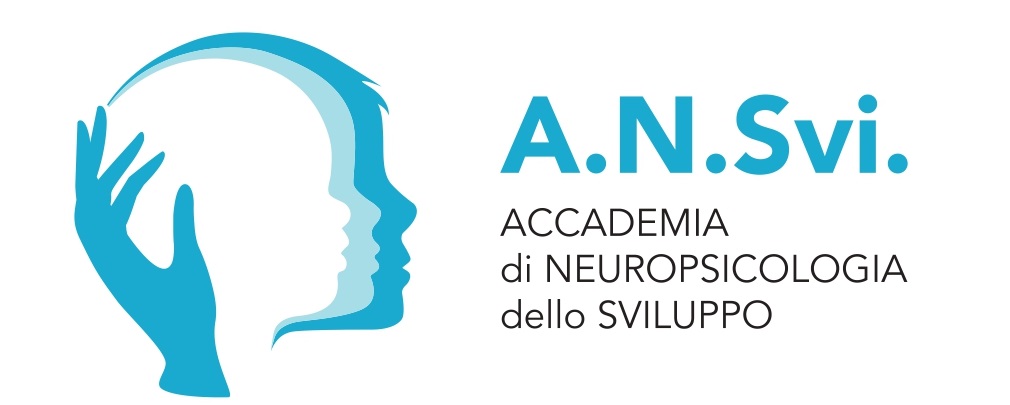The Use of Videogames for Neuropsychological Assessment
Sara Giovagnoli, Sara Magri, Matteo Orsoni, Luigi Marotta, Mariagrazia Benassi
Neuropsychological assessment in childhood is a crucial diagnostic process for analysing the cognitive, behavioural, and emotional development of children. It aims to identify cognitive deficits or developmental disorders, while also mapping individual potential. It is useful for diagnosing school difficulties, specific learning disorders (SLD), and for monitoring cognitive development in the presence of neurological conditions. The assessment can focus on cognitive skills such as memory, attention, language, and executive functions, and supports the planning of personalized interventions. The adoption of innovative technologies, such as serious games and digital platforms, is revolutionizing the field, making the assessment more accessible, dynamic, and engaging. Tools like Proffilo and Eye-Riders, which use gamification to stimulate cognitive functions, represent an important step forward. However, the integration of these technologies presents challenges, such as the need to ensure scientific validity, data protection, and equitable access to tools. Despite these difficulties, the introduction of new technologies has the potential to significantly improve the effectiveness of neuropsychological assessment, optimizing interventions and supporting the well-being and development of children.
Keywords
Neuropsychological assessment, New technologies, Specific Learning Disabilities (SLD).

